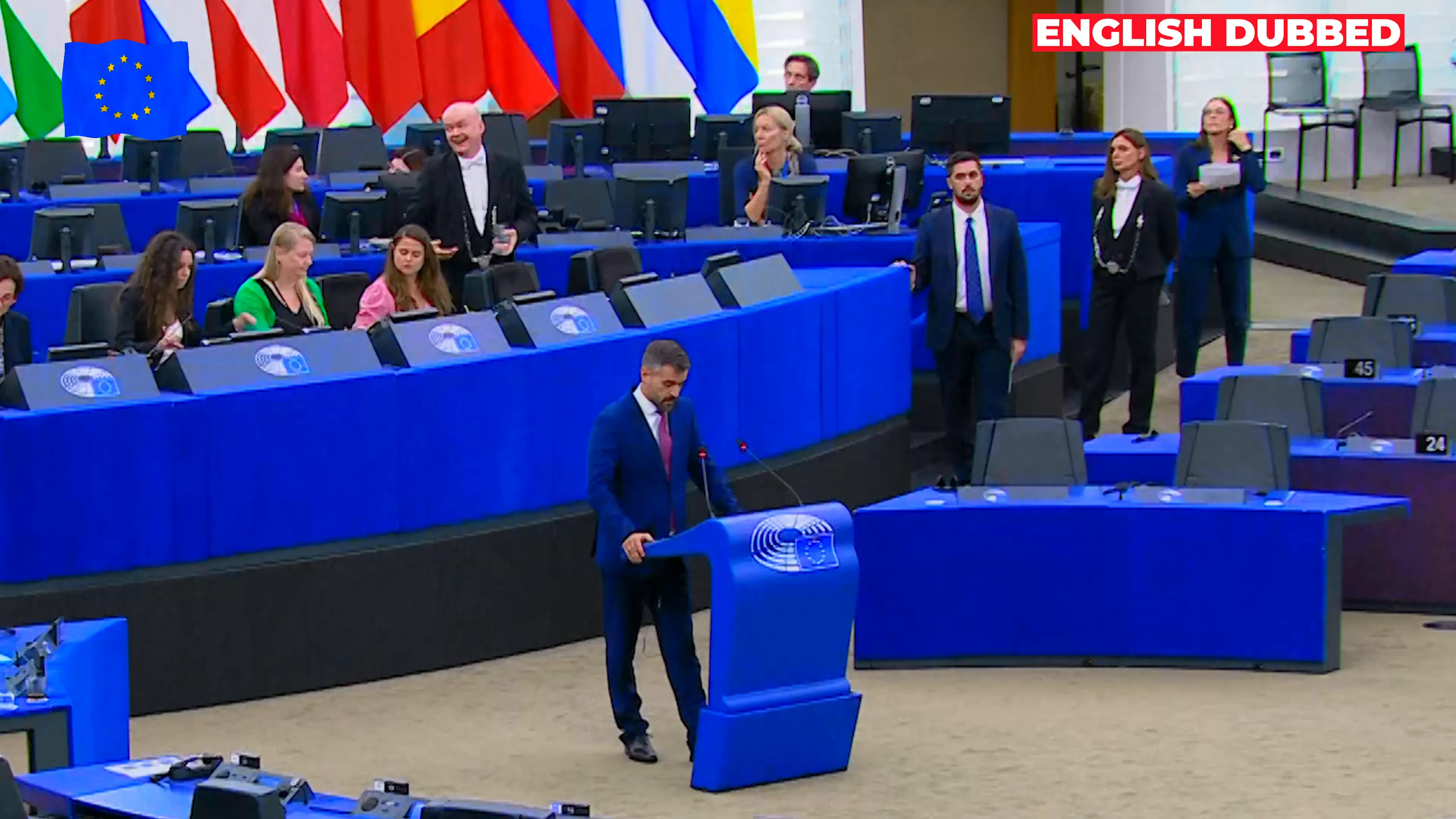The Need for Physical Barriers
The need for a comprehensive approach to secure Europe’s external borders is a pressing topic. However, this approach cannot be comprehensive or effective without physical border barriers. Unfortunately, the EU has been hesitant to fund these necessary measures. Frontier member states should not have to face threats from Russia, Belarus, Morocco, or Turkey alone. While providing IT and surveillance systems is a positive step, it is simply not enough to prevent illegal migration.

Rising Concerns Over Migration
Recent discussions have reflected a troubling trend where migration is often associated with violence, homophobia, and antisemitism. This rhetoric, which has garnered applause from some members, is concerning. It is essential to recognize that more people are dying due to these harsh migration policies. Last year marked the deadliest year for migrants, with nearly 8,600 deaths recorded. Pushbacks and human rights violations are becoming routine at our borders, raising serious ethical concerns.

Legal Pathways and Asylum Procedures
The call for more legal pathways and a fair asylum process is echoed frequently. However, millions have already entered the EU illegally, facing difficulties in integration. We must ensure that asylum seekers can access protection without facing overly strict border controls, which only push them into the hands of smugglers. Additionally, labor migration processes need harmonization to attract talent effectively.
Poland’s Approach to Migration
Poland’s approach to migration is often highlighted as a model. The country has maintained low rates of illegal migration and, consequently, very few terrorist attacks. This data, drawn from Eurostat, showcases the effectiveness of strict border controls. While criticisms of Poland’s policies persist, the nation has shown resilience and stability in its handling of migration.

Border Barriers as a Security Measure
Despite the EU’s reluctance to fund physical barriers, it is evident that these measures are crucial for security. The commission’s belief that physical barriers do not improve border management poses a significant security problem. It is vital to allocate resources to fortify borders against illegal migration, as failing to do so puts member states at risk.
Consequences of Inaction
The consequences of inaction are dire. Hundreds of thousands of migrants are told to return each year, but many cannot because their countries refuse to accept them. Calls for a sanctions deportation mechanism to incentivize cooperation from uncooperative countries have emerged, suggesting that financial consequences could be effective.
Rethinking Asylum Rights
Asylum rights should be a rare privilege, not a common expectation. With the surge in migration, a multifaceted border strategy is necessary, incorporating national, European, and origin-country measures. This approach is urgent to maintain Europe’s identity and security.

Women and Migration Statistics
Recent statistics reveal alarming trends regarding women’s safety. A significant percentage of women in Europe report experiences of harassment, with many instances linked to foreign individuals. This data has fueled debates about the implications of loose immigration policies on societal safety.

Call for Stronger Border Management
The European Union must regain control of its external borders. This involves expanding Frontex, fostering cooperation with third countries, and implementing the migration pact effectively. A strong, unified approach is necessary to ensure safe and secure borders.
Addressing Crime and Security
Concerns about crime associated with migration are prevalent. Reports indicate that a significant proportion of serious crimes, including sexual assaults, involve foreign nationals. This reality raises pressing questions about the effectiveness of current immigration policies and their impact on public safety.

Hungary’s Border Protection Strategy
Hungary’s border protection strategy has focused on building physical barriers, which have proven effective. The country has invested heavily in border security, yet has faced penalties from the EU for its strict policies. This situation illustrates the conflict between national security interests and EU regulations.

Conclusion: The Way Forward
The security of Europe’s external borders is a key priority. It is essential for safeguarding freedom of movement within the Schengen area. The EU has made significant progress in strengthening its borders, and ongoing efforts will ensure that they are not unguarded. We must remain vigilant and adaptable to evolving threats while fostering cooperation among member states.

